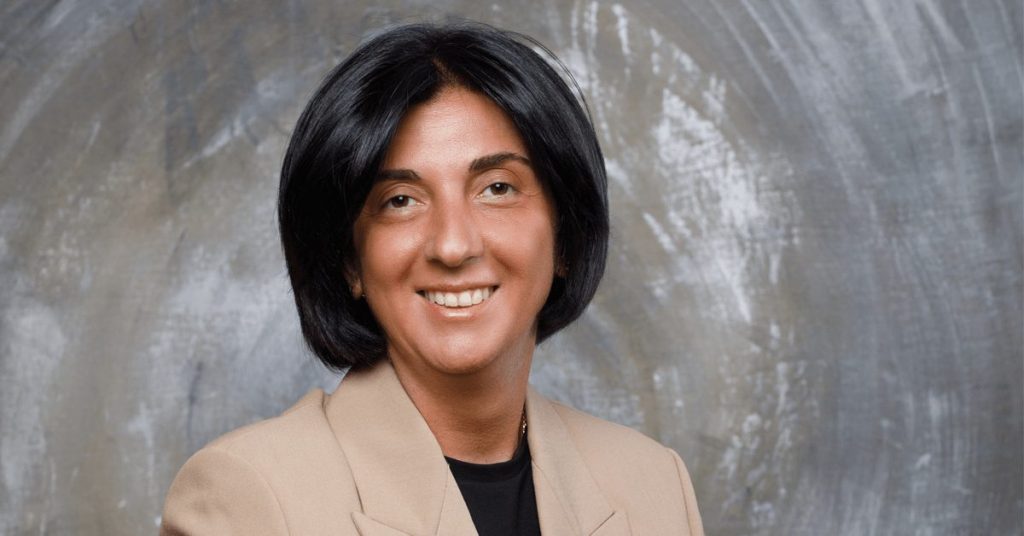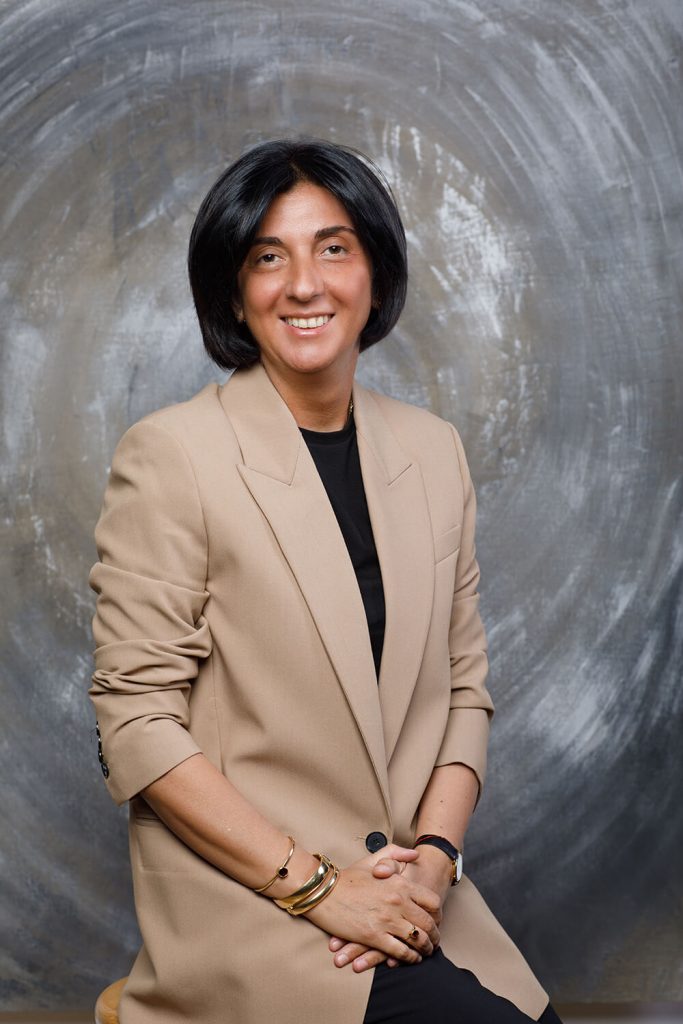Ambassador of SDG 2: Zero Hunger

Chairperson of the Georgian Farmers’ Association, Nino Zambakhidze
How can you explain SDG 2, and how can we achieve it?
SDG 2 is the most important goal. This goal generally means that no one is left behind and that everyone, from infants to adults, is provided with adequate food. Unfortunately, nowadays, it is sad that more than 800 million people worldwide are starving. To achieve the SDGs, everyone should join forces. SDG 2 covers many directions. In addition to the importance of providing food to all, we must question how this should be done. This is where the agricultural sector comes in, and proper planning must be done. The world should develop the right strategy and share the practices of developed countries in the agricultural field. Also, access to education and modern technologies is essential. It is important to create nurseries and banks, improve cattle breeds and livestock species, and ensure seed rotation. Immense and complex work remains to be done to achieve the second SDG worldwide.
To achieve SDG 2, we have defined a strategy and respective action plan at a national level. What is the situation in Georgia in this direction? What are the challenges, and how do you see ways to deal with them?
It is essential to have a strategy for sustainable development goals in which the state, non-governmental and private sectors are aligned.
As for agriculture, the challenge is immense as, for twenty years, this field has stagnated in Georgia, and many things have not been done as they should have been. It has been several years since the state prioritized the development of agriculture and started active interventions, with donor support, by directing more investments into agriculture and developing state programs. But the most critical challenge here is education. Agricultural education has been suspended for twenty years; it takes time to catch up with progress quickly. It takes some time.
I would especially emphasize vocational education, which is pivotal for agricultural development, as the field needs more qualified personnel. This is one of the biggest challenges. I would also name access to financial capital and infrastructure as the second biggest challenge. By infrastructure, I don’t mean only the roads. Storage and processing equipment are also critically important, which further contribute to eliminating hunger. It is also crucial to have accurate information and calculations of what is produced in our country because, unfortunately, we do not always have information on the share of exports and imports for many products. We know that 47% of the population is involved in agriculture; however, not all are profit-oriented. Most of them are focused on subsistence farming and cultivating products for self-consumption. Therefore, this remains one of the challenges.
Looking at imports and exports, the share of products produced locally has increased during these years. How is this situation reflected in statistics?
It depends on the products. A lot of progress has been achieved in terms of export. However, our import share is approximately 60-70%. At this stage, we are not a country that has the ambition to be an agrarian country because, as I mentioned, the share of imports is about 60-70%; I am happy with the trend where consumers have started to demand local products. Also, farmers are motivated to produce quality products. More new faces are gradually emerging in this sphere, with the support of the state and donors, through the projects that are being implemented in our country. This is a step forward. However, if the issues of education, access to financial capital and infrastructural challenges are not resolved, achieving SDG 2 in the desired time frame will be difficult.

“We all need to think about food security together, which is directly related to SDG 2. Working alone, I believe, does no one any good.“
What role does the state play in achieving SDG 2, or what should it do to become more involved in this process? Also, in your opinion, what is the role of other sectors?
When discussing the Sustainable Development Goals, it is difficult to single out and assign responsibility to one specific organization or agency. The state alone cannot do everything. The state is doing a lot of things, as there are many projects, for example, “Plant the Future,” which is implemented by the Rural Development Agency, processing enterprises, production of annual and perennial crops, as well as “Enterprise Georgia,” which, for example, promotes agrotourism, and agrotourism directly and proportionally increases the production of agricultural products. All parties should share the responsibility equally. The role of the private sector and non-governmental organizations is also crucial.
The state should invest more in education, including vocational education. If we do not have qualified personnel, it won’t be easy to talk about the development of agricultural production, the cultivation of quality agricultural products, and the utilization of our country’s resources. The non-governmental sector’s role is to promote the introduction of standards. For example, the Farmers’ Association has developed the “GeoGap” standard, aligned with the global primary production GlobalGap standards, to transfer best practices and produce quality, safe and traceable products. Also, financial grant components should be in place for the non-governmental sector to provide mentoring. At the same time, theory, practice, education, and access to financial capital will be made available for farmers. The role of the private sector is huge because this sector is one of the stakeholders in promoting local production, and their corporate responsibility is important because it is not just a one-off help for any player; it is a long-term perspective. Therefore, I think that everyone should be engaged, and we should all share the responsibility. If we do not work together, it will be challenging to achieve this goal because no one can achieve anything individually, and we will continue to go around in circles.
The Georgian Farmers’ Association has been working for years on strengthening farmers and raising awareness. Tell us more about how you contribute to the implementation of SDG 2 in Georgia within your organization.
We partially comply with all the goals. First, we are happy to implement the donor projects and take responsibility for being aligned with the Sustainable Development Goals. We help the local farmers and try to promote the sales of their produce. The Covid pandemic created challenges that we have had to tackle. Unfortunately, the war in Ukraine has also demonstrated the need to ensure food security, as we saw that Russian aggression has had a very negative impact on Georgian farmers. We are still dependent on the Russian market, and we are well aware of their interventions – at this particular moment, it may not be a war with weapons but an economic war. Therefore, as the Farmers’ Association, we try to help farmers diversify their markets and promote the production of quality products. In this regard, women’s economic empowerment is especially important for us because, as you know, most of Georgia’s population lives in the regions. Economic empowerment of women in the regions does not only mean their empowerment, but it also means strengthening their families. It is also important for us to engage persons with disabilities and those in the penitentiary system so that more products are produced. For example, after prisoners have served their sentence, they can replicate these agricultural practices in their plots. Therefore, we try to have a second component in all the projects, which entails showing solidarity and gratitude to the farmers and, at the same time, teaching them how to produce a quality product.
Farmers are the most important target group for you. What would you advise farmers and businesses in achieving SDG 2 in Georgia by 2030?
I generally take their advice, but at this stage, we all need to think about food security together, which is directly related to SDG 2. Working alone, I believe, does no one any good. I recommend that they look at the challenges in the world, not from a narrow perspective but through a global lens, and express their goodwill to contribute to achieving all the sustainable development goals.




 Search
Search





